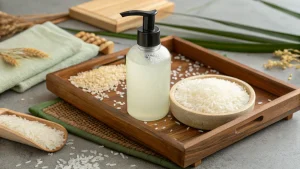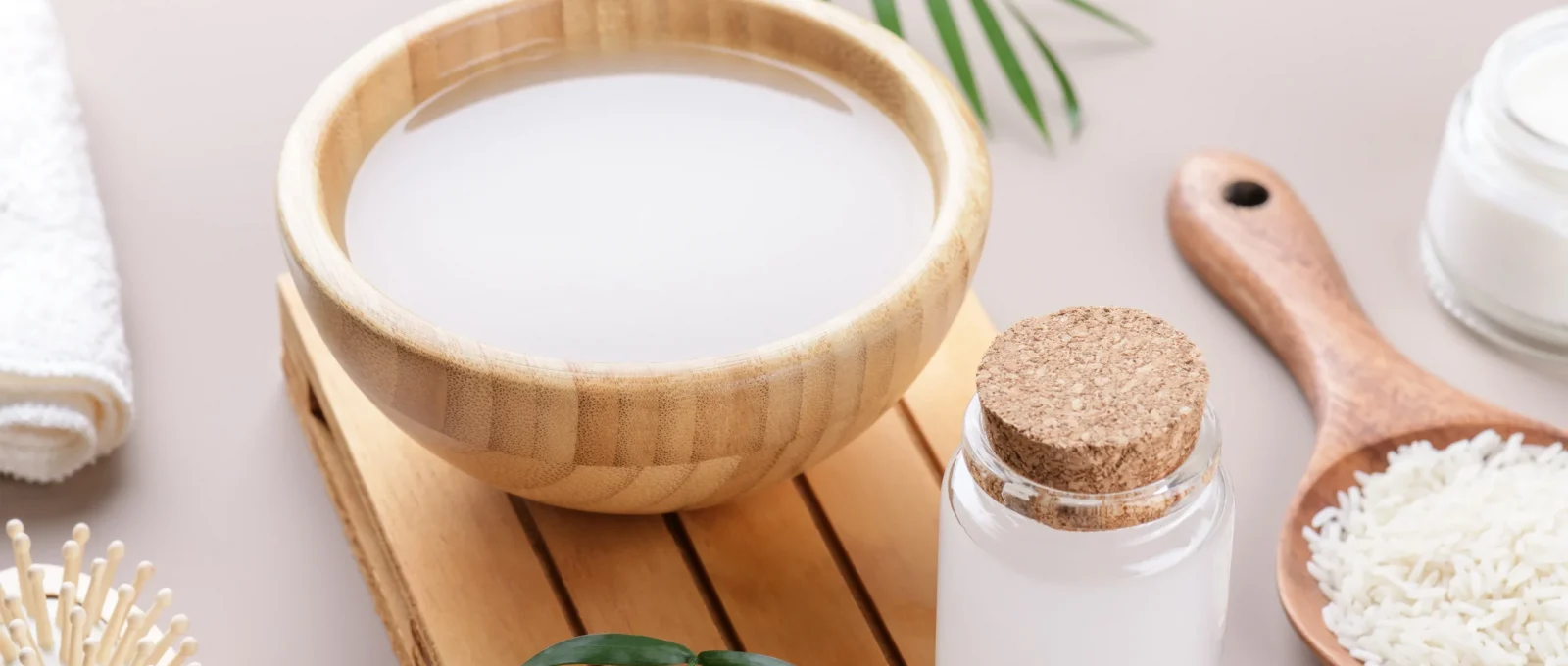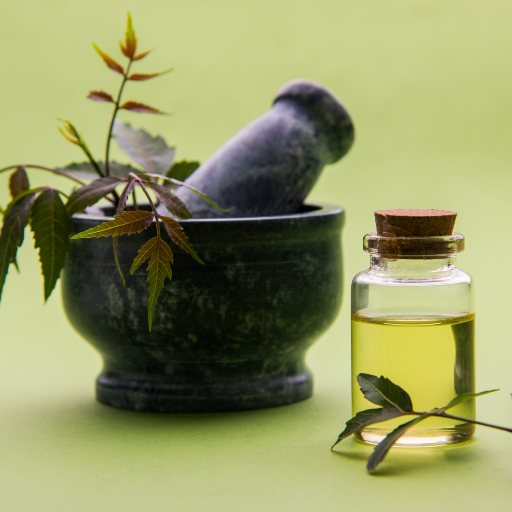If you’re searching for a natural, affordable, and effective way to enhance your skincare routine, understanding the benefits of rice water for skin might just be your next game-changer. From ancient beauty rituals in Asia to modern-day skincare trends, rice water has gained widespread attention for its nourishing and healing properties. But why is rice water so special, and what exactly can it do for your skin?
In this article, we’ll explore the benefits of rice water for skin in detail — how it hydrates, soothes, brightens, and protects your complexion. You’ll learn the difference between regular and fermented rice water, how to prepare and apply it safely, and what precautions to keep in mind.

What Is Rice Water and Why Use It for Your Skin?
Rice water is the starchy liquid left behind after soaking or boiling rice. Rich in vitamins, minerals, and antioxidants, this simple water has been a beauty secret for centuries, especially in East Asian cultures where it’s known for enhancing skin texture and vitality.
Why use rice water on your skin? The benefits of rice water for skin are vast: it’s packed with nutrients like amino acids, niacin (vitamin B3), and ferulic acid that promote hydration, reduce inflammation, and combat oxidative stress. These properties make it an ideal natural ingredient for sensitive, dry, or ageing skin types looking to improve tone and resilience without harsh chemicals.
Top Benefits of Rice Water for Skin
Deep Hydration and Moisturising Power
One of the standout skin benefits of rice water is its ability to deeply hydrate. The natural starches and carbohydrates in rice water create a thin, breathable film on the skin that locks in moisture. Unlike heavy creams that can clog pores, rice water provides a lightweight yet effective moisturizing effect, perfect for daily use on all skin types.
Soothes Sensitive and Irritated Skin
If you suffer from redness, irritation, or conditions like eczema or acne, rice water may offer calming relief. Its anti-inflammatory compounds help reduce skin sensitivity and soothe irritation, promoting a healthier and more balanced complexion. The gentle nature of rice water means it can be safely applied even to delicate skin areas prone to inflammation.
Brightens and Evens Skin Tone
Discoloration, dullness, and uneven skin tone can be frustrating concerns. The benefits of rice water for face extend to its brightening effects, thanks to components like niacinamide (vitamin B3), which inhibits melanin production. Regular use can lead to a more radiant and even complexion by fading dark spots and reducing hyperpigmentation over time.
Anti-Ageing and Antioxidant Protection
Rice water contains antioxidants such as ferulic acid and allantoin that help combat free radicals — unstable molecules that accelerate skin ageing. These antioxidants protect the skin from oxidative damage, reducing the appearance of fine lines and wrinkles, while improving elasticity and firmness.
Protects Against Sun Damage and Environmental Stress
Every day, environmental factors like UV radiation and pollution cause skin damage. Rice water’s antioxidants and vitamins create a protective barrier that helps shield the skin from these external aggressors, reducing the risk of premature ageing and maintaining skin health.
How It Enhances Your Daily Skincare Routine

Incorporating rice water into your daily regimen can be simple and effective. Whether used as a toner, facial mist, or in homemade masks, rice water complements conventional skincare by boosting hydration and nourishment without irritation. It can even serve as a natural makeup remover or a soothing after-sun treatment.
By adding the benefits of rice water for face to your routine, you enhance your skin’s ability to repair and rejuvenate naturally, promoting long-term health and glow.
Regular vs. Fermented
Both regular and fermented rice water offer valuable skin benefits of rice water, but they differ in potency. Fermented rice water is left to ferment for 24-48 hours, increasing its antioxidant content and lowering pH to better balance the skin. This version is especially beneficial for oily and acne-prone skin due to its mild exfoliating and antimicrobial properties.
Regular rice water is more hydrating and soothing, ideal for dry or sensitive skin. Choosing between them depends on your skin type and desired outcomes.
How to Make and Use It Safely on Your Skin
To make rice water at home, rinse ½ cup of rice thoroughly and soak it in 2 cups of clean water for 30 minutes. Strain the water into a clean container, and it’s ready to use.
If you want to ferment the rice water, then simply leave the strained water at room temperature for 24-48 hours and then refrigerate it.
Apply rice water as a toner with a cotton pad, mist it onto your face, or incorporate it into DIY masks. Always patch-test before full use and store rice water in the fridge to prevent bacterial growth.
Potential Risks and Precautions
While rice water is generally safe, overuse can cause dryness or irritation for some skin types. Avoid using rice water on open wounds or extremely sensitive skin without consulting a dermatologist. Also, be mindful of the quality of rice and water to minimize contamination risks.
Conclusion
The benefits of rice water for skin offer a natural, versatile, and gentle solution to common skincare challenges. From hydration and soothing to brightening and anti-ageing, rice water is a time-tested ingredient that can complement your health-conscious lifestyle and skincare goals. Whether you choose regular or fermented rice water, incorporating it mindfully can lead to healthier, more radiant skin.
Frequently Asked Questions
Rice water provides deep hydration, soothes irritation, brightens skin tone, offers antioxidant protection, and helps shield skin from environmental damage.
Yes, the starch in rice water locks in moisture and its niacinamide content supports brightening and evening skin tone.
Side effects are rare but may include dryness or irritation if overused. Always patch-test first.
Fermented rice water is richer in antioxidants and better for oily or acne-prone skin, while regular rice water suits dry or sensitive skin.
Start with 2-3 times per week, then adjust based on your skin’s response. Daily use can be beneficial but monitor for any irritation.





 1800-270-7000
1800-270-7000











